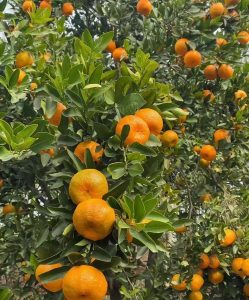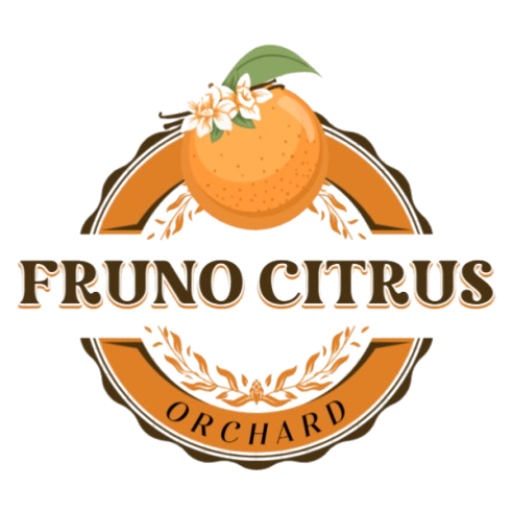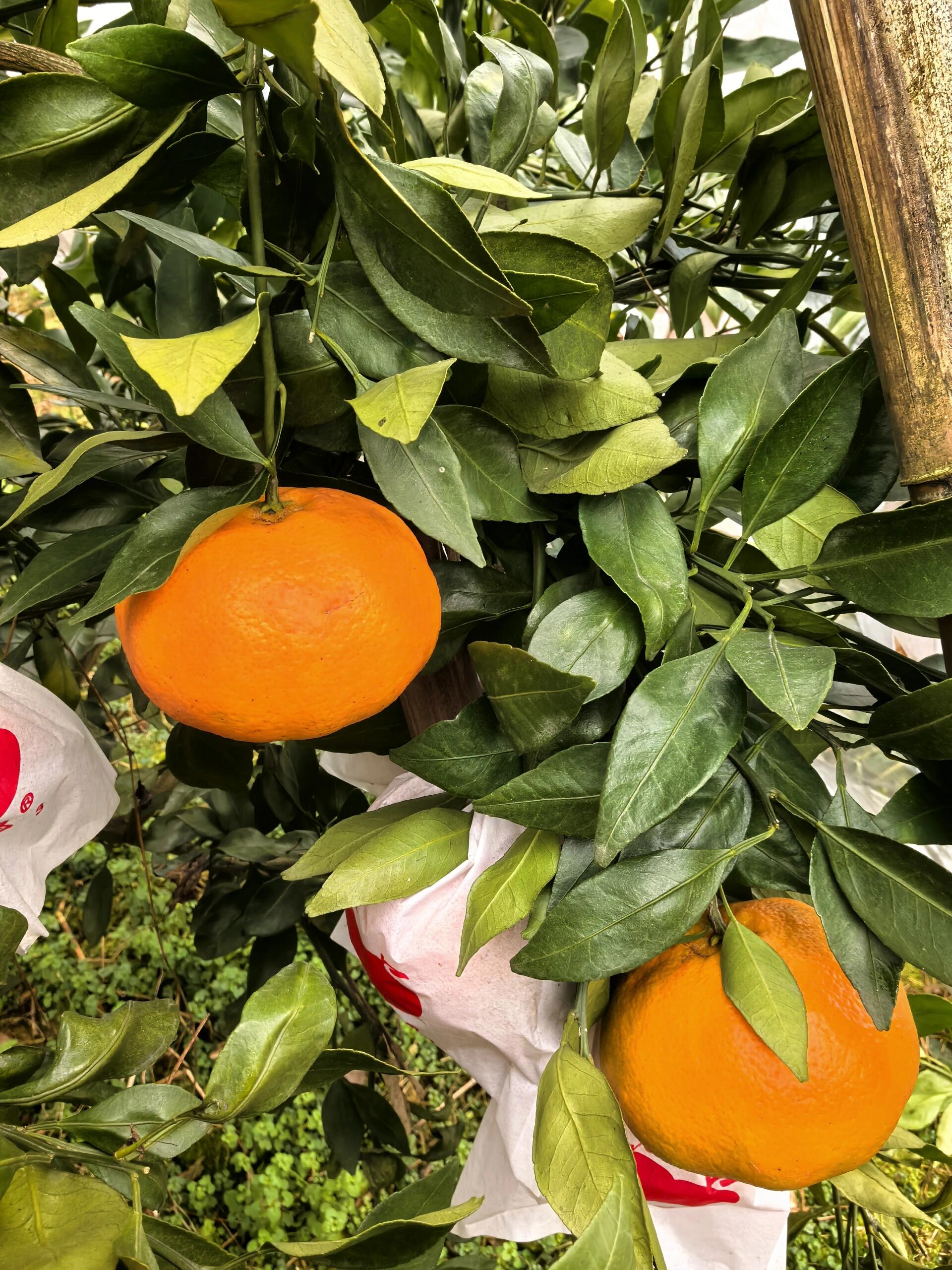Modern Citrus Orchard Management: Combining Quality and Sustainability
Sustainable Practices in Citrus Orchard Management
Modern citrus orchard management emphasizes the fusion of quality and sustainability. With over 6000 acres cultivated, companies like Fruno have spent 27 years honing their techniques to ensure that every harvest meets the highest standards of flavor and sustainability. The integration of sustainable practices not only benefits the environment but also enhances the quality of the fruit, such as the renowned Ehime Jelly Orange.
To maintain the health of the orchard, producers implement organic farming methods, reducing dependency on chemical pesticides and fertilizers. This approach not only protects the ecosystem but also results in healthier fruit with a better taste profile. For instance, the Ehime Jelly Orange, known for its sweetness and juicy texture, thrives in these sustainable conditions.
Furthermore, sustainable water management practices are essential in citrus orchards. Techniques such as drip irrigation maximize efficiency, ensuring that water is used judiciously. This is particularly important during the winter months when water scarcity can be a concern. Proper management ensures that crops like the Papagan Orange and Ganping Mandarin receive the necessary hydration without wasting resources.
Enhancing Quality Through Sustainable Techniques
Quality control in citrus production begins from the ground up. Fruno employs advanced cultivation techniques that focus on soil health, utilizing cover crops and composting to enrich the earth. By enhancing soil quality, the orchard can produce fruits that are not only delicious but also nutrient-rich. This holistic approach is crucial for late-season varieties like the Ehime No. 38 Orange, which are harvested near the end of the year.
The timing of the harvest is critical. Late-ripening citrus varieties, including the Ehime Jelly Orange, require careful monitoring to ensure they reach peak ripeness. Harvesting too early can compromise flavor, while waiting too long may lead to overripeness. This is where the experience of growers plays a vital role, balancing the factors of climate and fruit development to optimize harvest time.
In addition to traditional methods, technology plays an increasingly important role in modern citrus management. Data analytics and precision agriculture tools help growers monitor plant health, track growth patterns, and make informed decisions about irrigation and fertilization. This tech-driven approach contributes significantly to maintaining high quality standards while practicing sustainability.
Market Trends and Sustainability in Citrus Exports
The market for sustainable citrus fruit is expanding, particularly for premium products like the Papagan Orange and Ganping Mandarin. Consumers are becoming more conscious of where their food comes from and how it is produced. As a result, products from orchards that prioritize eco-friendly practices are gaining traction in both local and international markets.
Wholesale opportunities for Ehime Jelly Orange and other late-season varieties are burgeoning, especially in regions with high demand for quality citrus. Exporting requires adherence to strict international standards, and sustainable practices often lead to better compliance with these regulations. Companies that invest in sustainable practices are likely to find themselves at a competitive advantage.
Moreover, the unique characteristics of late-season citrus, such as the sweet, jelly-like texture of Ehime Jelly Orange, appeal to a global audience. Countries like Singapore and Australia are showing increased interest in importing these fruits, further driving the demand for sustainably farmed citrus. As the market evolves, the need for effective and sustainable orchard management will only continue to grow, benefiting both producers and consumers alike.
For more information on quality citrus varieties, visit [Fruno](https://frunocitrus.com/).

